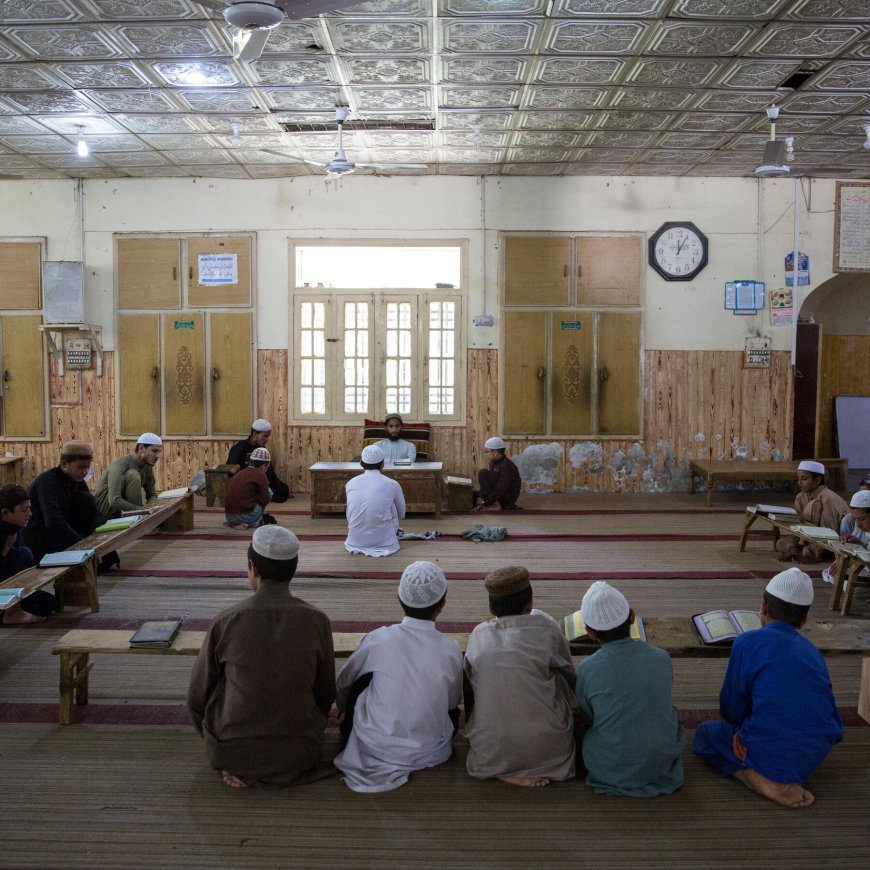A Long Fight to Keep a Closer Eye on Madrasas Unravels in Pakistan
News by dharmyuddh.com
Introduction
The ongoing struggle to exercise tighter control over madrasas in Pakistan has reached a critical juncture. As the country grapples with numerous challenges surrounding radicalization and extremism, there is an urgent call for accountability and reform within these religious institutions. This article delves into the complexities of the situation and its implications for Pakistan's future.
Challenges Facing Authorities
Pakistan's government has faced significant hurdles in its efforts to regulate madrasas. Many of these institutions are deeply rooted in the communities they serve, making them resistant to external oversight. The lack of a standardized curriculum and unregulated funding sources further complicate efforts to ensure accountability. As the government pushes for reforms, it encounters pushback from various stakeholders who view these measures as an infringement on religious freedom.
Community Perspectives
In the heart of these debates are the communities that rely on madrasas for education and social services. For many families, these institutions are a source of support and stability. As the government considers implementing reforms, it must carefully navigate the delicate balance between regulation and respect for religious practices. Engaging with community leaders and parents will be essential to foster understanding and cooperation.
The Role of National Security
The necessity of scrutinizing madrasas is heightened by the broader national security context. With a history of militant groups exploiting these institutions to recruit young minds, the government emphasizes the importance of oversight to curb extremism. Intelligence agencies have reported connections between madrasas and radical organizations, prompting calls for comprehensive reform.
Moving Forward
To effectively manage the challenges posed by madrasas, authorities must pursue a multi-faceted approach. This includes fostering dialogue with religious scholars, ensuring adequate oversight without compromising religious freedoms, and promoting a more inclusive education system. Striking the right balance will be key in mitigating extremism while respecting the cultural significance of madrasas in Pakistan.
Conclusion
As the struggle to monitor madrasas in Pakistan unfolds, it is evident that a collaborative effort involving government, communities, and religious leaders is crucial. The outcome of this multi-faceted approach will significantly influence Pakistan's trajectory in combating extremism and promoting a more peaceful society.
Keywords: madrasa regulation in Pakistan, madrasas and national security, extremism in religious schools, educational reform in Pakistan, governmental oversight of madrasas, community role in madrasa education, balancing regulation and religious freedom, the future of madrasas in Pakistan.
For more updates, visit dharmyuddh.com.








